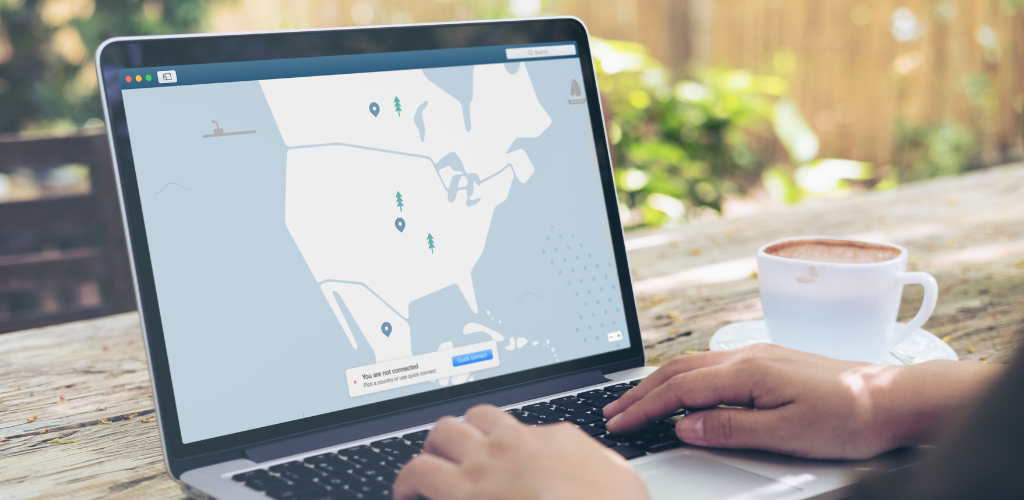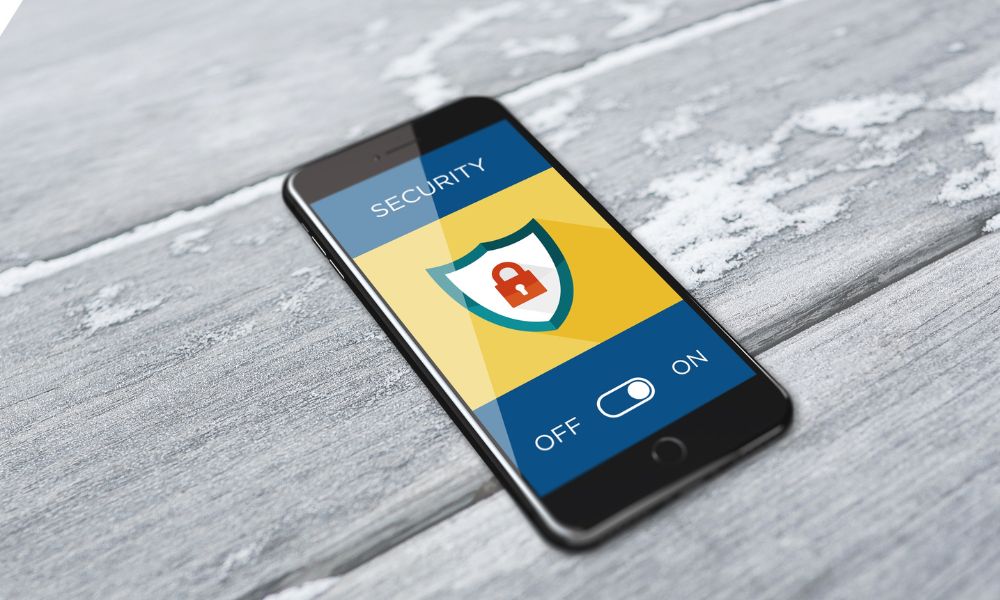In an era dominated by digital connectivity, concerns about online security and privacy have become more prevalent than ever before. As individuals navigate the vast landscape of the internet, the need for robust tools to safeguard sensitive information is paramount. One such tool that has gained widespread recognition for its effectiveness is the Virtual Private Network (VPN). In this article, we will explore how a VPN can play a crucial role in enhancing both security and privacy for users.
Understanding the Basics
A VPN acts as a secure tunnel between your device and the internet. It encrypts the data traveling between your device and the server, making it difficult for third parties to intercept or access your information. The fundamental purpose of a VPN is to provide a secure connection over the inherently insecure internet.
Protecting Your Data on Public Networks
Public Wi-Fi networks, often found in cafes, airports, and hotels, pose significant risks to your online security. These networks are susceptible to various forms of cyber attacks, such as man-in-the-middle attacks, where hackers intercept the communication between your device and the network. A VPN encrypts your internet traffic, safeguarding your data from potential eavesdroppers on public networks.
Shielding Against Cyber Threats
Cyber threats, including phishing attacks, malware, and ransomware, are pervasive in the online landscape. A VPN adds an extra layer of protection by masking your IP address and making it challenging for malicious actors to target your device. This anonymity reduces the likelihood of falling victim to targeted attacks, enhancing your overall cybersecurity.
Bypassing Geographical Restrictions
Apart from security, VPNs offer an additional layer of privacy by allowing users to mask their real IP addresses. This feature enables individuals to access content that may be restricted in their geographical location due to censorship or licensing agreements. By connecting to a server in a different location, users can enjoy a more open internet experience without compromising their privacy.
Preserving Online Privacy
Internet Service Providers (ISPs) have the ability to monitor and track your online activities. A VPN prevents ISPs from logging your browsing history and tracking your online behavior. This ensures that your online activities remain private, free from surveillance by third parties seeking to gather and exploit your personal information.
Secure Remote Access
With the rise of remote work, the need for secure remote access has become crucial. VPNs enable employees to connect to their company's network securely, protecting sensitive corporate data from potential threats. This not only ensures the security of the organization's information but also safeguards the privacy of individual employees.
In conclusion, a VPN serves as a powerful tool in the quest for enhanced online security and privacy. Whether you're using public Wi-Fi, accessing restricted content, or working remotely, a VPN can significantly reduce the risks associated with online activities.



